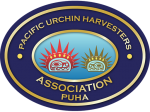Science & Management
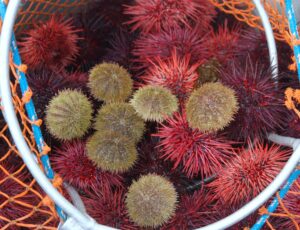 There are two species of Sea Urchins harvested on the west coast of Canada. Red Urchins (Mesocentrotus franciscanus) are the largest of the two species and thought to be indigenous to BC’s west coast. Green Sea Urchins (Strongylocentrotus droebachiensis) are smaller in size and found in both the Pacific and Atlantic Oceans.
There are two species of Sea Urchins harvested on the west coast of Canada. Red Urchins (Mesocentrotus franciscanus) are the largest of the two species and thought to be indigenous to BC’s west coast. Green Sea Urchins (Strongylocentrotus droebachiensis) are smaller in size and found in both the Pacific and Atlantic Oceans. 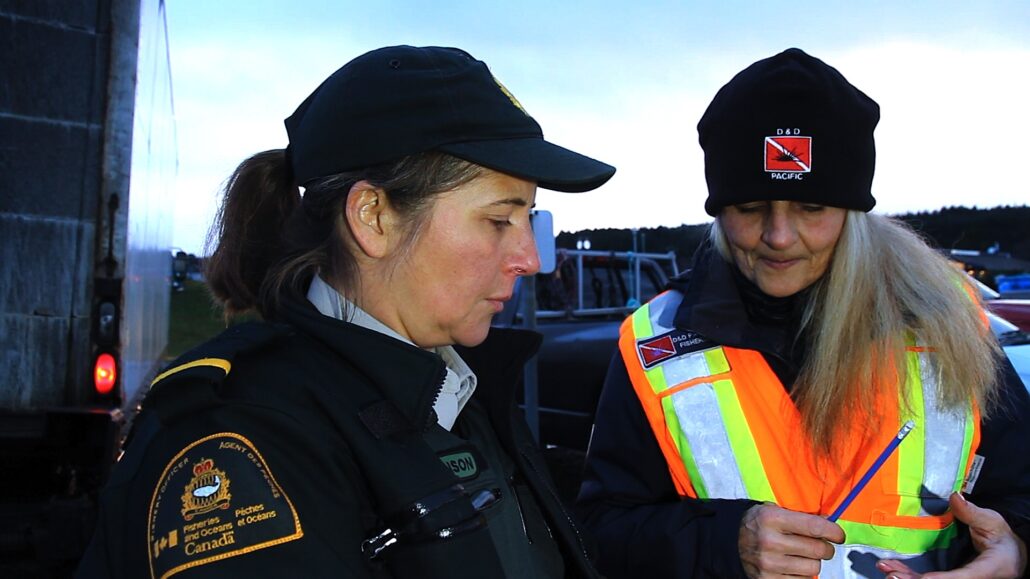 Under Fisheries and Oceans Canada cost recovery policies, PUHA funds the costs of science and management associated with the sea urchin fisheries under a Collaborative Agreement with the Government of Canada. Each year Fisheries and Oceans Canada science and management managers meet with all stakeholders to develop and approve an IFMP (Integrated Fisheries Management Plan)
Under Fisheries and Oceans Canada cost recovery policies, PUHA funds the costs of science and management associated with the sea urchin fisheries under a Collaborative Agreement with the Government of Canada. Each year Fisheries and Oceans Canada science and management managers meet with all stakeholders to develop and approve an IFMP (Integrated Fisheries Management Plan)
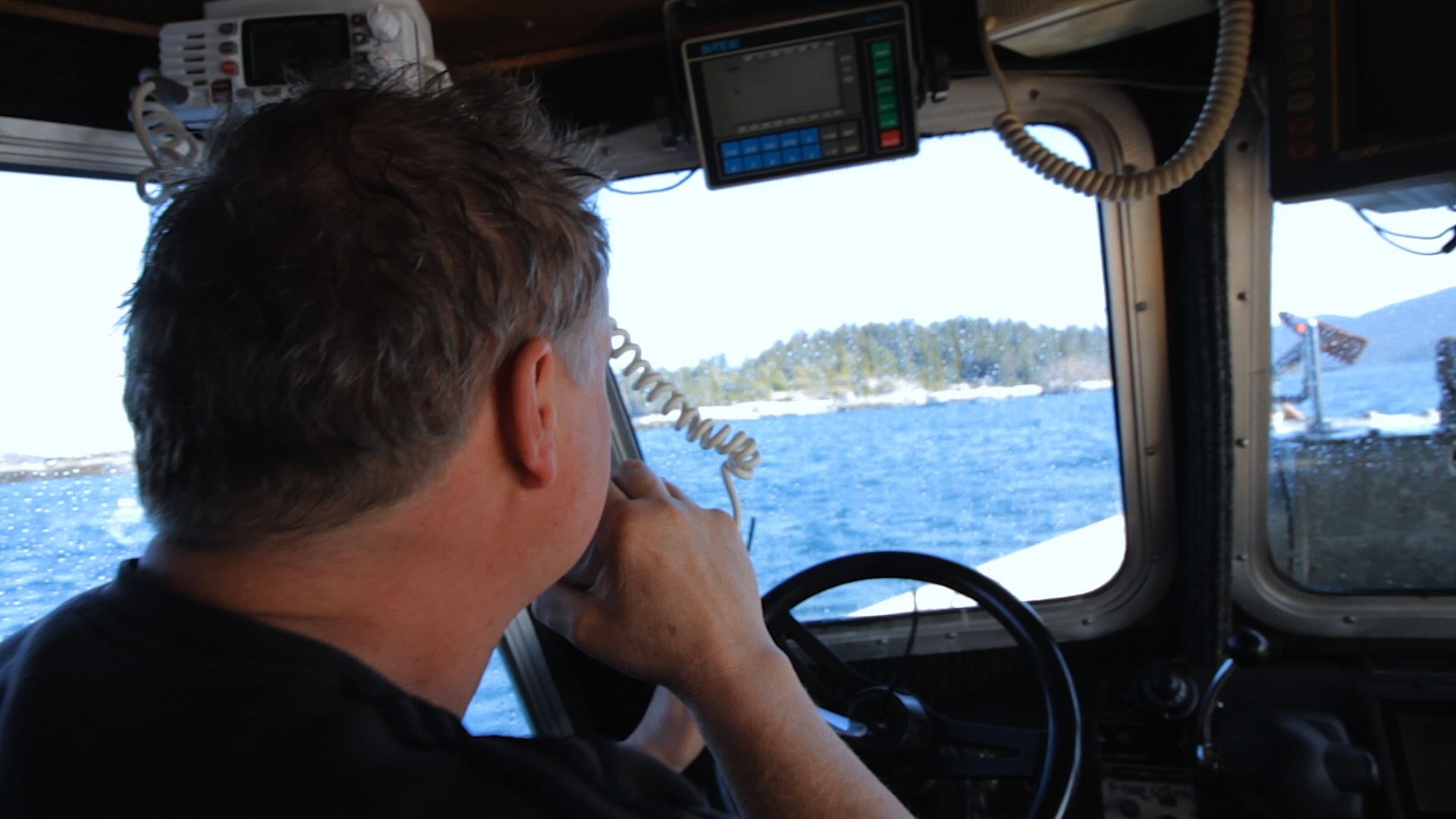 The commercial fishery is open year round with the highest demand December through March. Both Fisheries operate under a Total Allowable Catch or TAC with Individual Quotas for each license. All commercial landings are tracked using a coast wide Dockside Monitoring Program where the product is landed, weighed and then deducted from each individual quota. Other management measures include limited entry licensing, area licensing and minimum size limits.
The commercial fishery is open year round with the highest demand December through March. Both Fisheries operate under a Total Allowable Catch or TAC with Individual Quotas for each license. All commercial landings are tracked using a coast wide Dockside Monitoring Program where the product is landed, weighed and then deducted from each individual quota. Other management measures include limited entry licensing, area licensing and minimum size limits.
PUHA represents its Members with the federal and provincial agencies involved in both the Red and Green Sea Urchin fisheries.

 Ecology is the branch of Biology focused on the relationship of organisms to one another and to their physical surroundings. PUHA works collaboratively with DFO and other partners including coastal First Nations, Parks Canada, academic institutions including SFU, UBC and Uvic and NGO’s on Sea Urchin related research. Recent projects include the Gwaii Haanas Kelp Restoration project with Parks Canada, and the Haida Nation. Positive results from this Kelp Restoration project contribute to a growing body of evidence that that the sea urchin fishery is beneficial to biodiversity and healthy ecosystems.
Ecology is the branch of Biology focused on the relationship of organisms to one another and to their physical surroundings. PUHA works collaboratively with DFO and other partners including coastal First Nations, Parks Canada, academic institutions including SFU, UBC and Uvic and NGO’s on Sea Urchin related research. Recent projects include the Gwaii Haanas Kelp Restoration project with Parks Canada, and the Haida Nation. Positive results from this Kelp Restoration project contribute to a growing body of evidence that that the sea urchin fishery is beneficial to biodiversity and healthy ecosystems.
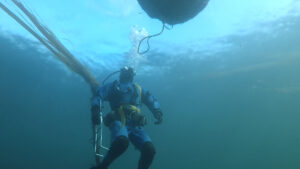 Projects like these are demonstrating that complex ocean ecosystems can benefit from carefully managed sea urchin harvesting.
Projects like these are demonstrating that complex ocean ecosystems can benefit from carefully managed sea urchin harvesting.
PUHA’s research collaborations are blending professional harvesting experience, cutting edge marine science and indigenous traditional knowledge to restore balance to kelp forest ecosystems that are recovering from the impacts of the removal of sea otters during the 19th century fur trade.

